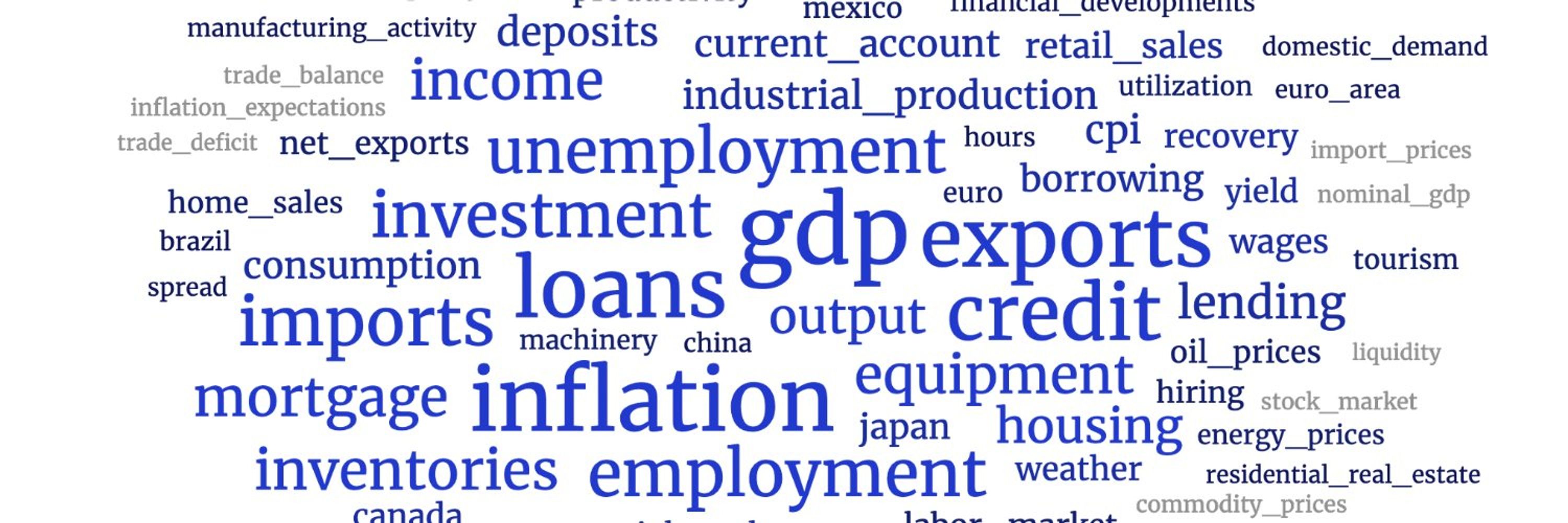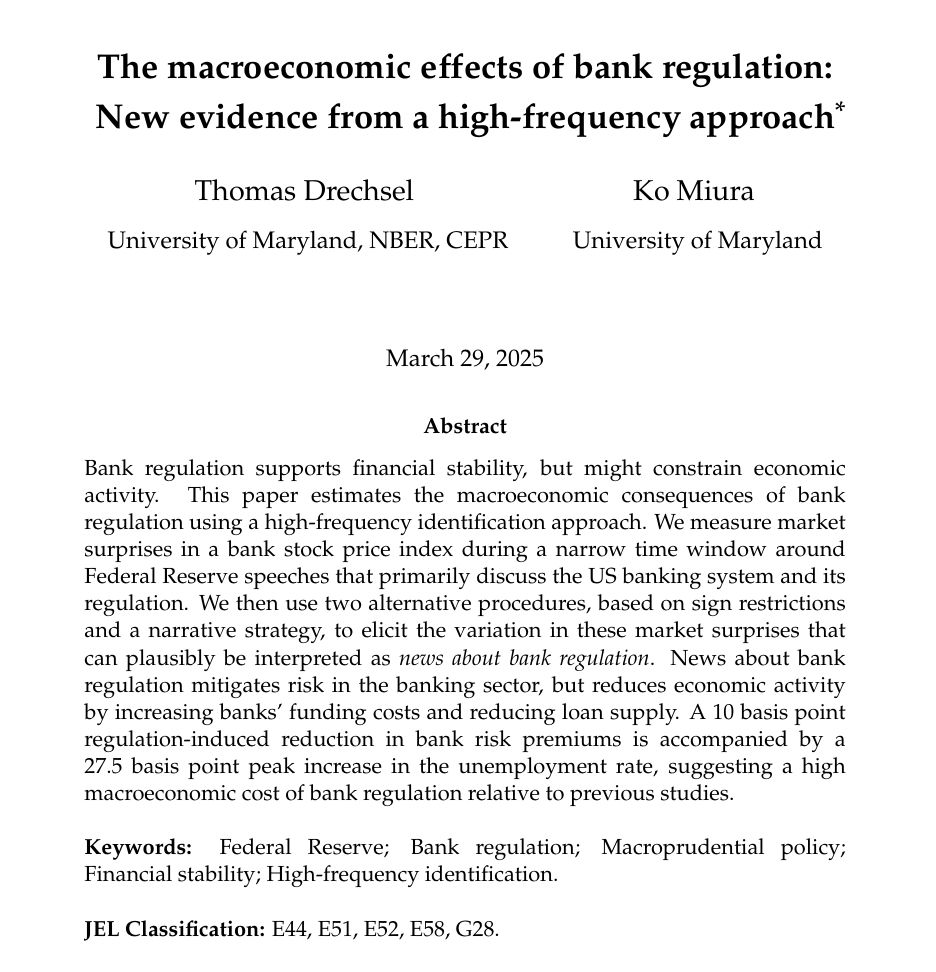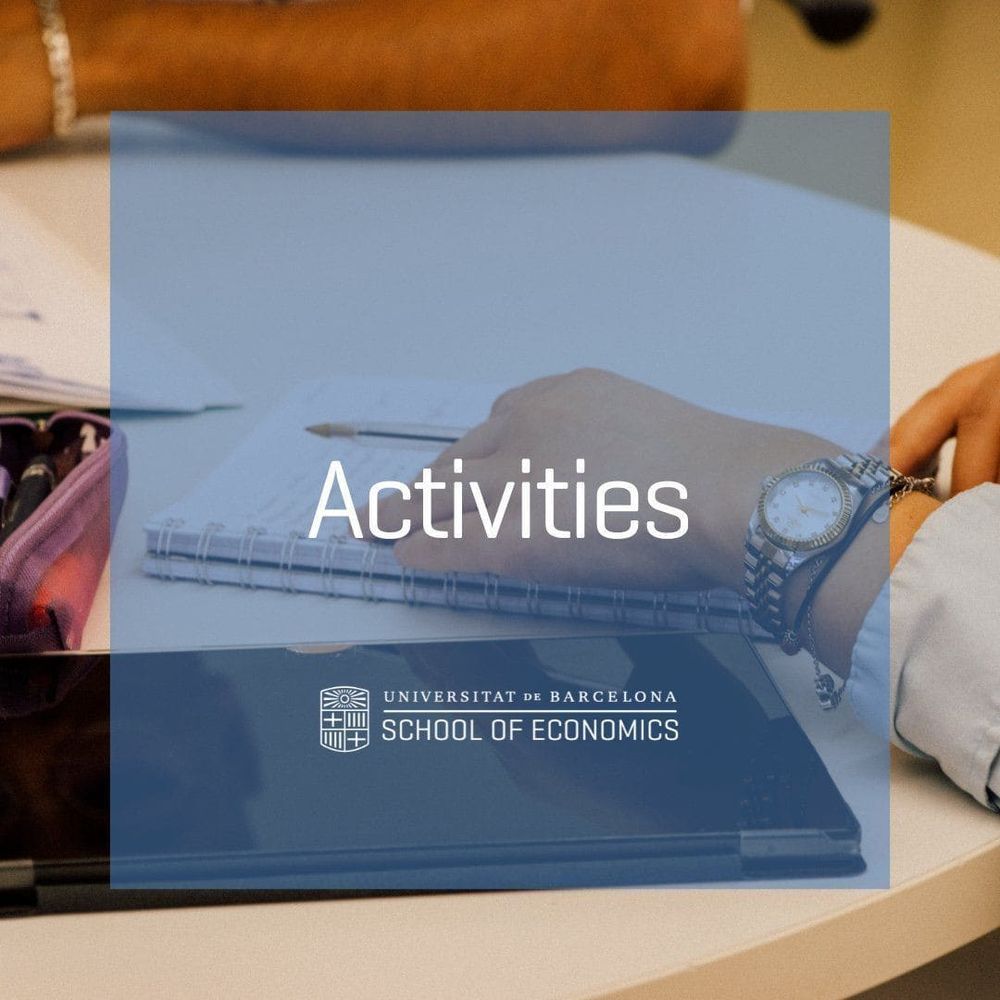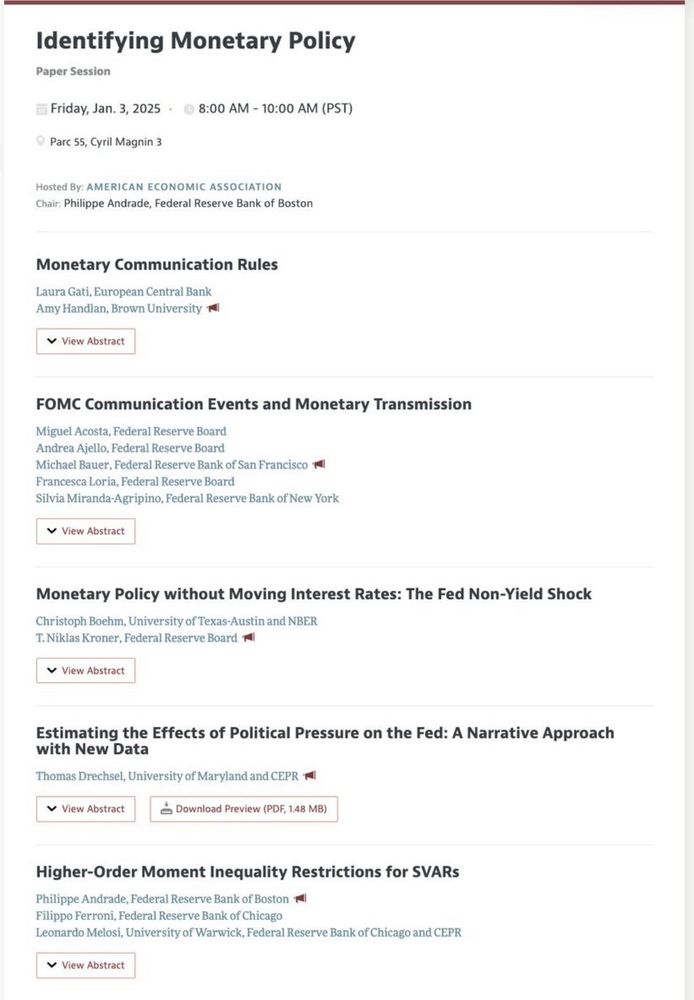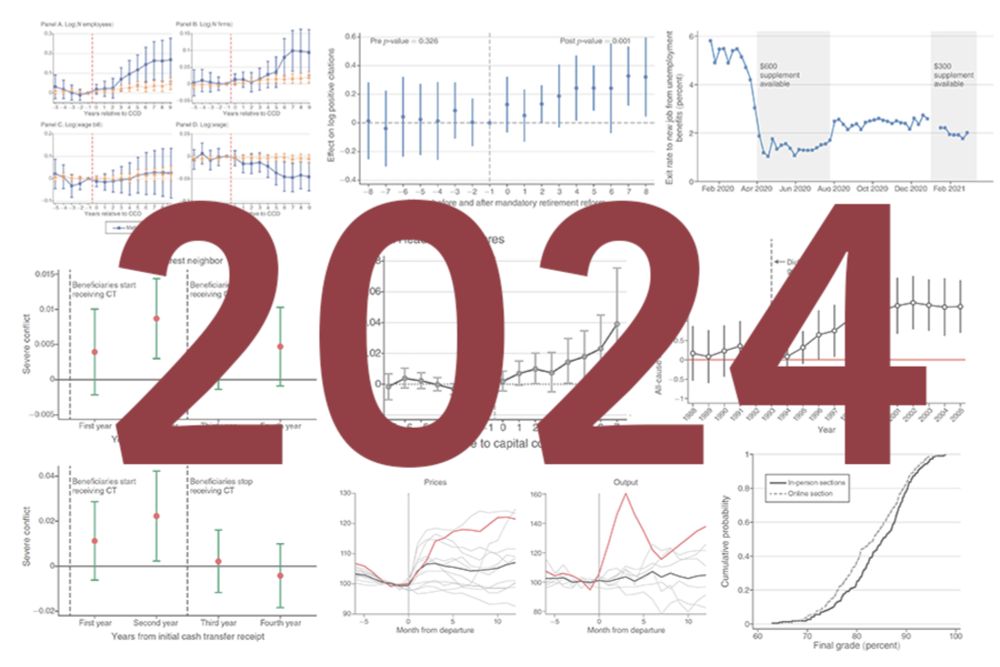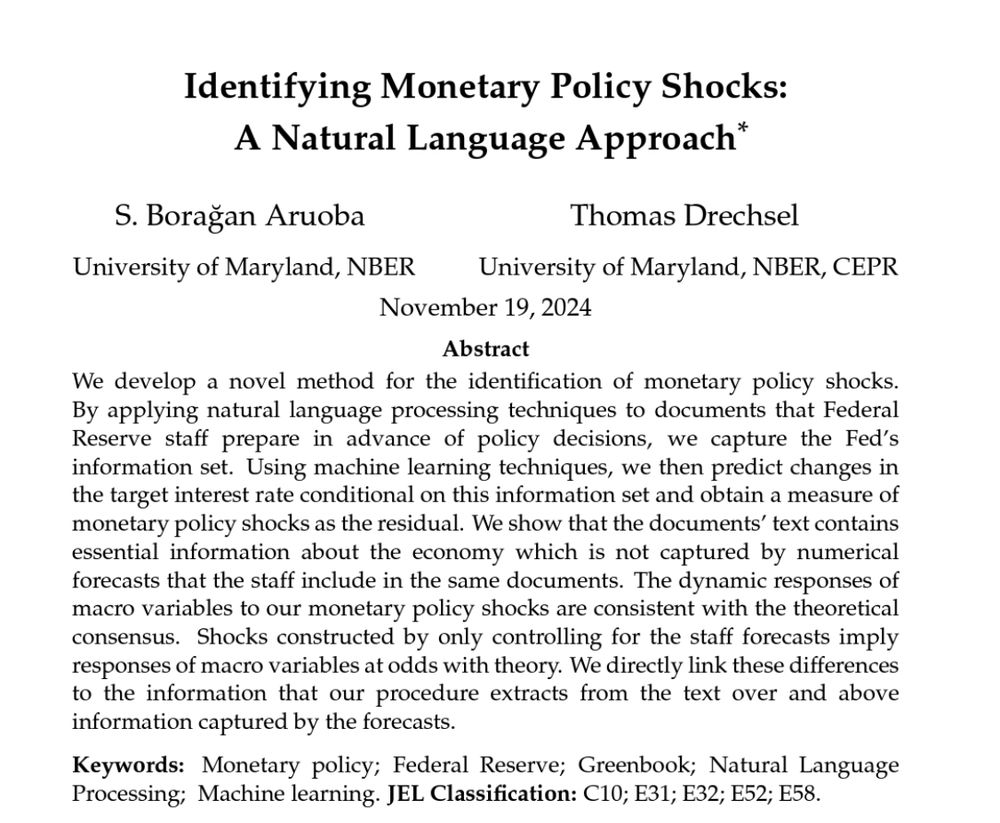Thomas Drechsel
@tdecon.bsky.social
780 followers
320 following
15 posts
German macroeconomist. Assistant professor at the University of Maryland. PhD from the London School of Economics.
https://econweb.umd.edu/~drechsel/
Posts
Media
Videos
Starter Packs
Thomas Drechsel
@tdecon.bsky.social
· Apr 23
Thomas Drechsel
@tdecon.bsky.social
· Feb 26
Thomas Drechsel
@tdecon.bsky.social
· Feb 20
Thomas Drechsel
@tdecon.bsky.social
· Nov 20
Job Market Candidates 2024-2025 | ECON l Department of Economics l University of Maryland
Coordinators Luminita Stevens Placement Director (301) 405-3515 [email protected] Pablo Ottonello Placement Director (301) 405-7842 [email protected] Nolan Pope Placement Director (801) 995-9184 [email protected] Orpha Jewell Coordinator
www.econ.umd.edu
Thomas Drechsel
@tdecon.bsky.social
· Nov 19
Thomas Drechsel
@tdecon.bsky.social
· Nov 14
